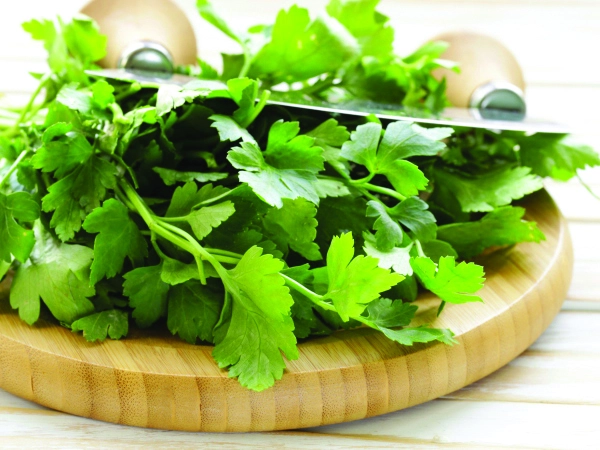Vitamin K is an essential vitamin for the body especially to improve the musculoskeletal system and help blood clotting.
Vitamin K combined with calcium helps strengthen the skeletal system, if this vitamin is deficient it will cause osteoporosis. In addition, it is also known as a vitamin that helps the blood clotting process in the body, especially effective in treating many internal bleeding diseases. If injured, this vitamin K will help your body not lose too much blood, the blood clotting process will take place faster.
One of the important benefits of vitamin K that not everyone knows is the prevention of kidney stones. People who regularly eat green vegetables are almost never deficient in vitamin K, but patients with diseases of the pancreas, bile, and body often lack this essential vitamin.
The human body can easily absorb vitamin K from food through daily meals. However, it should be noted that vitamin K is only best absorbed into the body when consumed with fat. Using too much vitamin K as a supplement requires a doctor’s advice because using too much vitamin K is also harmful to the body.
1. Spinach
Whether you eat it raw, boiled or cooked, spinach is a superfood with many nutrients including vitamin K.
2. Basil
With a teaspoon of dry cinnamon powder can meet your daily vitamin K needs. According to nutritionists’ recommendations on the body’s vitamin K needs, adolescents under 18 years old need 75 micrograms/day, over 19 years old need 120 micrograms/day.

3. Kale
Kale is a healthy food that has many benefits such as lowering cholesterol and preventing cancer, and it is rich in vitamin K.
4. Cabbage
If you don’t want to eat kale, cabbage is a good choice. Although it is not as rich in vitamin K as kale, with only half the vitamin K content of kale, half a cup of cabbage can provide you with enough vitamin K for the day.
5. Mustard
Mustard is a great source of vitamin K. It is a popular condiment in many Asian countries.
6. Parsley
Fresh parsley is often used to garnish food and eaten as a spice, but few people know that just two teaspoons of parsley can meet an adult’s vitamin K requirement for the whole day.
7. Broccoli
Broccoli is a vegetable with many uses including cancer prevention, anti-aging, and free radical protection. It is also a food rich in vitamins and minerals, including vitamin K.
8. Asparagus
Several studies have shown that eating a few stalks of asparagus can significantly increase the levels of vitamins, especially vitamin K.
9. Celery
Celery is a great food, it is rich in fiber and vitamin K.
10. Finger Plant
This plant is popular in Hindi regions but it is also noted as a food rich in vitamin K.
11. Cucumber
Cucumbers are rich in vitamins, including group K, and are easy to prepare and eat raw.
12. Lettuce
Any type of lettuce is rich in vitamin K. Eat salads every day to supplement vitamin K for the body.
13. Carrots
Like cucumbers, carrots are also a source of vitamin K and can be eaten raw.
14. Eggs
In addition to green leafy vegetables, there are a few other foods rich in vitamin K such as eggs, which are abundant in egg yolks.
15. Chili powder
Many people often think that chili powder is very hot, but this is one of the spices containing vitamin K that helps stimulate human taste buds. In addition, other spices such as curry powder, cayenne pepper (red pepper) and chili powder are all considered food sources of vitamin K.
16. Olive oil
Olive oil has many health benefits and is rich in vitamin K. This nutrient is found in both canola and sesame oils…
17. Dried fruits
Dried fruits such as prunes, blueberries, peaches, figs and raisins are all good sources of vitamin K.
18.Clove
Cloves are a spice with a unique flavor and are especially high in vitamin K, so don’t forget this spice when preparing food.





